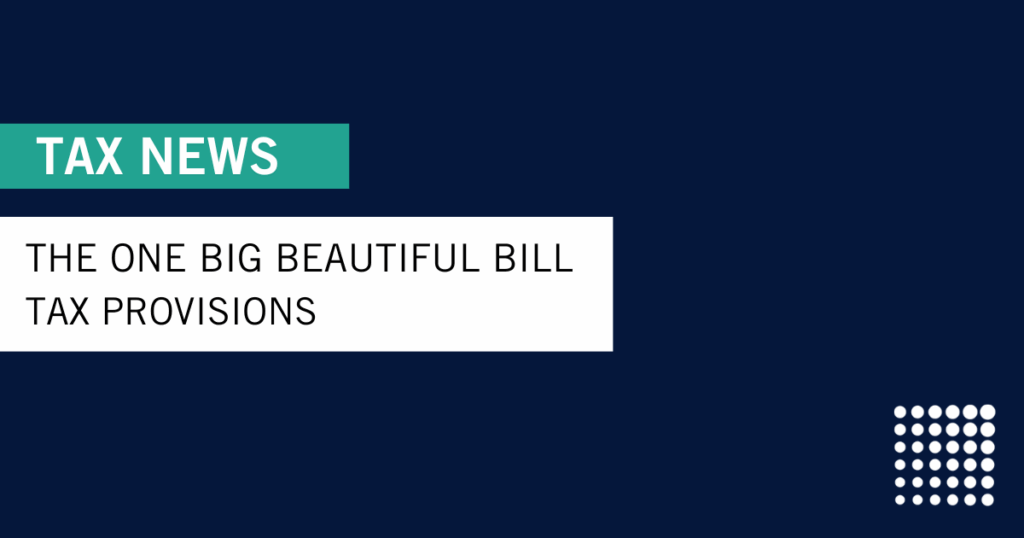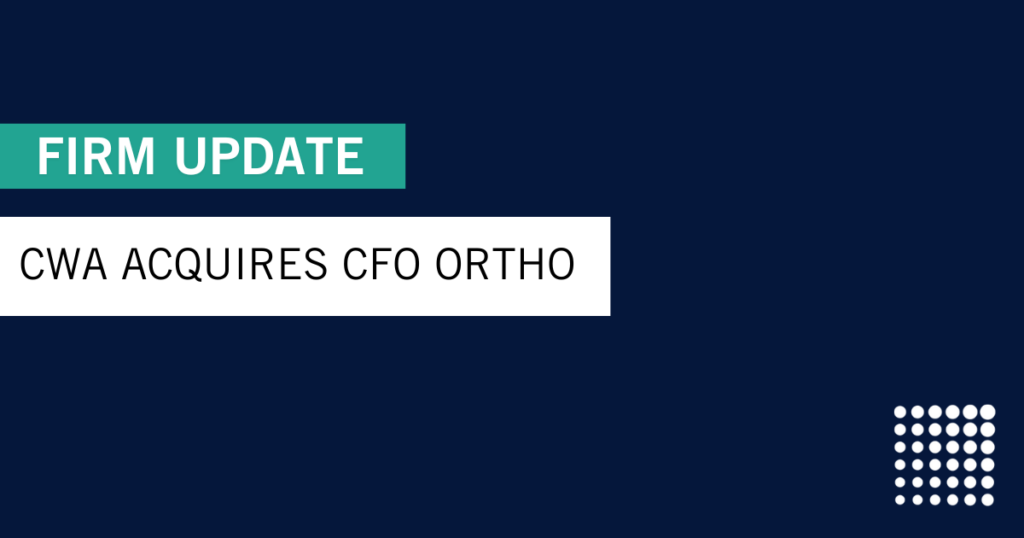Just like so many other areas of your practice, compliance to necessary standards is also important to your website. Observing and following all the American Disabilities Act (ADA) accessibility laws and regulations, should be as much an overall goal for your website as it is for the rest of your business.
Why is Website Compliance Important?
The primary reason that Website Content Accessibility Guidelines (or WCAG) is important to an organization, isn’t just to ward off a lawsuit, but to make the organization’s website accessible to the multitude of users that use assistive technology. In the United States alone, there are over 56 million people living with some kind of disability, and due to a lack of accessibility they are less likely to use technology to get online.(1)
Having WCAG standards helps to ensure that information online is easily accessible by any and all individuals no matter the method or device used.
The Web Content Accessibility Guidelines
The guidelines are divided up into three levels of conformance: A, AA, and AAA. Organizations are encouraged to use the WCAG 2.0 level AA technical requirements as a guide for digital accessibility.
A wide range of organizations need to comply with ADA rules. Title III regulations refer to organizations that are “public accommodations”, and applies to essentially any business or nonprofit organization that serves the public. It covers a lot of ground—including restaurants, theaters, schools and professional offices of health care providers.
The guidelines state that all content needs to have alternatives for those with disabilities to still be able to consume it. For instance, audio files require a written transcript and videos need to be captioned, so people who are deaf can still engage with these mediums; and, “equivalent alternative text” (alt text) has to be included for images, so people who are blind have an appropriate description of the image.
The guidelines also outline other requirements, such as making sure that your website can be navigated without the use of a mouse, or that the proper heading level structure is put in place for a screen reader to easily navigate the site.
How to Work Toward Compliance
One can easily scan their site with an automatic website compliance testing tool called a WCAG validator. Most are free to use. A validator is not a repair service, and if it does identify barriers on your website, you will need to service it.
The most common items that are flagged are images, PDF files, links and HTML tables. These types of items are considered “content” by the ADA, because updates require the use of a content management system (CMS) to display them online—in other words, a website host would need to upload those items through the backend of a website hosted by a CMS such as WordPress.
The next step is to reach out to your website administrator, developer or hosting company and alert them to your concerns and desire to ensure that your site maintains compliance with the standards set out by the commission. WCAG even offers success criteria and techniques that your administrator can use.
Read more about the WCAG and international acceptance by reviewing the Wikipedia page set up for this.
(1) 56M Viewers – U.S. Census Bureau: https://www.pewresearch.org/fact-tank/2017/04/07/disabled-americans-are-less-likely-to-use-technology/














